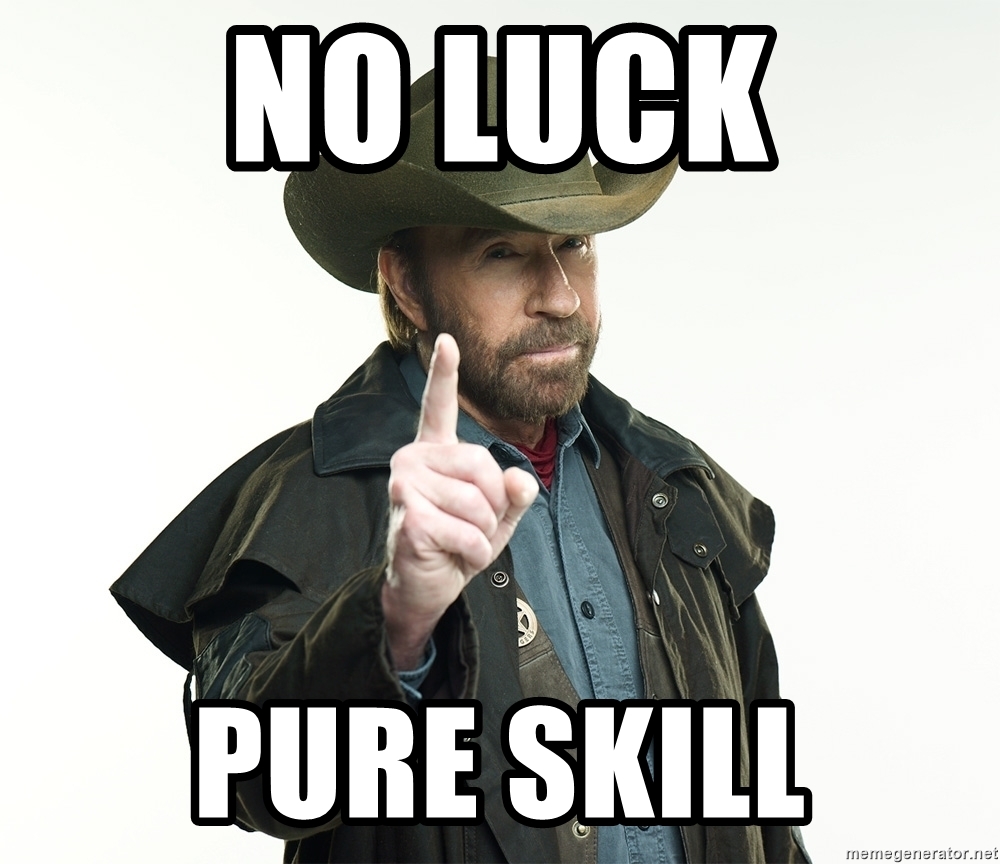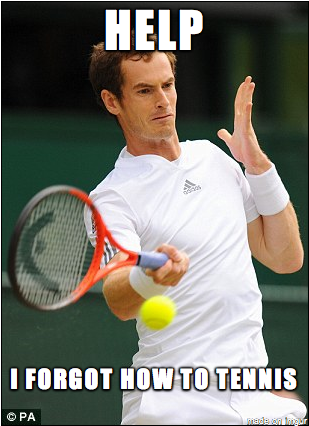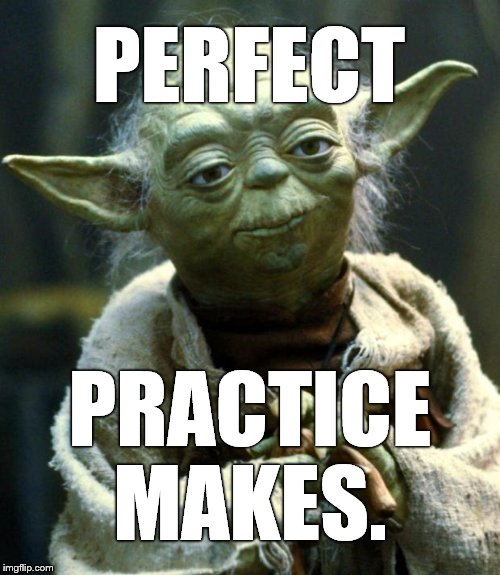
Greetings and welcome to Lesson 12 of my ‘Introduction to Mental Fitness’ course. If you are new to the course, check out the introductory post first.
Also a quick reminder that for Flinders students, these lessons can found on our FLO site as well, where you can chat about these lessons privately with other students, as comments left on this blog are visible to the general public.
Welcome to Lesson 12
A quick catch-up….
Over the last couple of lessons, I’ve been putting mental fitness as a concept/framework into action by picking a positive lifestyle change and breaking down the process of how one goes from the idea of making a positive change through the final stage of it becoming a habit. I’ve encouraged you to do the same in parallel.
We started by picking a lifestyle change. I invited you to pick a relatively simple one as a mental fitness project.
Then I asked you to learn more about that positive lifestyle change.
In the last lesson, I asked you to reflect on your knowledge and attitude towards that behaviour change, as a way of illustrating how knowledge and attitudes are linked.
I said that one needs to have knowledge of the potential benefits of a particular lifestyle change, as well as a clear description of what the change consists of, in order to develop a positive attitude and motivation towards engaging in the behaviour as well as set a reasonable goal for implementing the behaviour in your own life.
I’ve been using the example of ‘using my standing desk more‘ to illustrate the process in my own life.
In the last lesson I wrote how I did some research to understand the potential benefits of using a standing desk, as well as understand how the science suggests you should use a standing desk. I discovered that the evidence for standing desks is still fairly weak. Studies report subjective benefits, but not many objective benefits. The recommended use includes extended standing periods but also intermittent episodes of standing and sitting. I decided that even though the objective evidence is weak, the subjective benefits seem worthwhile to give it a go. I set the goal of 5 hours per working day, either in a single block or broken up with periods of sitting.
In today’s lesson I want to talk about the next step in the behaviour chain – becoming skilled at the behaviour in question.

The concept of a skill
A skill is ‘the ability to do something well; expertise’ or ‘a particular ability’ (Google search ‘skill definition’)
When we are building mental fitness, we are adding skills to our repertoire, modifying or reinstating existing skills, or inhibiting unhelpful skills (e.g. the skill of smoking a cigarette should probably be inhibited). In the discussion below I am going to focus on acquiring a new skill.
The skills we acquire might have a considerable physical component (e.g. playing a sport) or skills that have a considerable psychological component (e.g. meditation).
My experience is that most skills have both components in varying degrees.
Furthermore most skills can be broken down into further micro-skills connected into a behavioural chain. Even the simple lifestyle change of ‘going for a 10 minute walk’ requires:
- scheduling when to walk
- reminding self with alarm or diary
- wearing appropriate clothes
- picking a walking path
- keeping track of time
- the walking itself
- appropriate warm up and warm down activities
Skills (or sets of skills) can be assessed on the basis of complexity. Simple skills require very little instruction or practice before a person becomes competent. For example, my chosen mental fitness project (use my standing desk more often) is a relatively simple skill. I have a standing desk installed and simple instructions for how it should be set up are readily available (https://ergonofis.com/blogs/news/how-to-use-my-sitstand-desk-correctly). It did not take me long to become ‘proficient’ in the use of my standing desk. Many of the changes you make in your life to build mental fitness will actually be quite simple skills. The barrier won’t be the complexity of the skill. It will be developing that skill into a regular habit that is more challenging (which I will deal with in Lesson 14).
Complex skills however require both significant instruction and practice before some degree of proficiency is achieved. This is very important to note because when building mental fitness, you are looking to add skills/habits to your life that significantly improve the quality of your life. Before you can make the assessment that a skill/habit is (or is not) having a positive impact on your life, you need to be able to perform the skill at an adequate level.
Let me use tennis as an example. Imagine that you decided to take up tennis, because you thought it would help with your fitness, because it was a social sport, and because you enjoy a bit of competition. As a softer introduction, you decide to get a couple of lessons first. At the first lesson, you realise you aren’t particularly good at the game. You struggle to hit the ball and get very puffed out chasing it. You feel quite dejected. If you decided to quit at this point, however, you’d deny yourself the opportunity to know whether tennis would have been a good addition to your life. This is because you didn’t build enough skill in the game to truly give it a chance. You gave up before skill acquisition. A better test would have been to spend a couple of months getting regular lessons and practice until you could play a basic game of tennis, at which point you could more accurately determine if playing tennis was a good source of fitness, social connection and competition.

The importance of instruction
When it comes to complex skills, appropriate instruction is incredibly important. I didn’t really appreciate this fact till quite a bit later in my life.
I always tended to assume that I would have both the motivation and the ability to self-learn anything that I really needed in my life. Give me a book/website and enough time and trial/error and I could learn anything.
But in recent years, I’ve realised that this assumptions falls down in a number of areas. Yes, it is probably the case that I could learn quite a few skills on my own, but there are social and motivational dynamics that happen when you are ‘taught’ that are superior often to self-learning. Having a good teacher makes you want to learn.
There are also many skills that are simply too nuanced or intricate to learn from a book or a website. You need the expertise of someone who has already mastered that skill in the context of everyday life in order to learn it yourself.
Finally, there will be skillsets that you just simply aren’t that naturally inclined to be good at. I am terrible at working with my hands (woodwork, building stuff, mechanics), so I’d need a lot of instruction to be decent at these skillsets.
So I’ve been focusing on adding ‘teachers’ to my life. I have someone from whom I learn meditation. I have someone from who I learn how to improve my work performance. I have someone (indirectly) from whom I learn how to do better presentations. I plan on adding someone to help me break out of a guitar playing rut.
Now I am not saying that every change you want to make in your life requires you to get a teacher. You could make a number of positive changes to your life, based on knowledge and skills readily available online.
But if there is a skillset you want that you think is likely complex, consider the possibility that getting a teacher will help with both the motivation and specifics of learning that skillset.
In the context of making health-related changes, this often means making an appointment with a medical specialist, for example:
- a dietician to discuss healthy eating
- a psychologist to discuss stress management
- a GP to discuss general health
- an exercise physiologist to discuss starting an exercise program
The importance of practice
Instruction and practice pretty much go hand-in-hand.
To acquire skills you are being taught, requires you to practice them regularly.
A guitar teacher might show me how to play a C major scale but I then have to go home and practice that before I am good at playing the scale.
As we practice, we progress through different levels of expertise.
In the early stages of acquiring a new skill, we don’t necessarily find it particularly rewarding. The early stages of learning to play a guitar can be quite uncomfortable as it hurts the fingers and it sounds like crap.
If we abandon the skill too early in our practice, we don’t get the chance to experience some level of expertise. Usually some level of expertise is required to start getting the benefits of the skill. For example, once you can get a guitar student to play a couple of chords and combine them to make a simple song, they feel much more motivated to continue. Up to that point though, they find it quite disheartening.
Now not every skill requires ongoing practice. When I decided to implement a regular lunchtime walk in my schedule, I didn’t really need to practice that. Yes I had to make sure that a few things were put into place – have the right walking shoes, schedule it into my diary, choose a walking path etc – but I didn’t need to learn or practice anything new.
But it is important to ask yourself if the positive change you are hoping to make in your life requires you to learn and practice new skills.
Furthermore, it is important to consider how much practice you need before you achieve a level of proficiency that enables you to assess whether the skill you’ve learned is likely to be a positive addition to your life. As a simple rule, more complex skillsets usually require longer periods of practice before you are good enough at it to determine if it is a worthwhile addition to your life.

Reflection Exercise
Teachers play a really important role in our lives.
What teachers in your life have been the most influential to you? Why?
Do you have current teachers in your life who are helping you get better in some aspect of your life? They don’t need to be formal teachers (i.e. university lecturers). They might just be people or role models from who you are learning how to be a better version of yourself. What are you learning from them?
Suggested Task(s)
For this week’s suggested task I want you to do a task analysis.
I want you to take the lifestyle change you are considering making (from previous lessons) and describe it in detail. Describe it as if you were trying to explain it to someone who had no idea what you are talking about.
The purpose of the exercise is to fully appreciate just how complex even some seemingly ‘simple skills’ can be. In the process, you might realise there are some aspects of the change that will actually require you to develop new knowledge or skills.
I’ve included my task analysis of ‘using standing desk more often’ as an example below. What I discovered was that, although the act of using a standing desk is fairly simple, there are lots of other things that go along with it that need to be sorted before using a standing desk. Even this simple ‘skill’ has many related components.
Using a standing desk more often – detailed description
First you need a desk system that can operate in both a sitting down and standing up position. This includes tables that raise completely, or something you can sit on top of a normal desk that raises your workspace to standing height. You need to get that installed. Then you need to put all the relevant stuff on the desk (monitors, keyboard etc). You’ll probably have to rearrange your desk because things need to be a different place to cater for the raising desk. Then you need to ensure that the power and other cables that are feeding those items can exist in both sitting and standing position. Then you have to work out the best working positions for both sitting down and standing up. This might involve making modifications to chair height, monitor height. You can access guides like this one to determine appropriate positions. Then you have to work out a schedule for when you are going to sit at your desk and when you are going to stand. It takes a couple of weeks to get used to working on a computer in a standing position. You’ll have to regularly self-monitor your standing position to make sure it is ergonomic. You need to learn how to identify body sensations that might suggest a switch from standing to sitting is required, such as pain in legs, feet or hips. You need a mechanism for reminding you to stand if you are in the sitting position for too long. Some workflows that you have will need to change – for example, answering your phone is harder when in the standing position. In the standing position you might also have less room for writing or other items. You’ll discover these things as you go along – small changes to workflows that need to happen. How much time you spend in the standing or sitting positions will depend on a number of factors. It is a process of trial and error to work out how long to stand/sit and how many times you change during the day.

